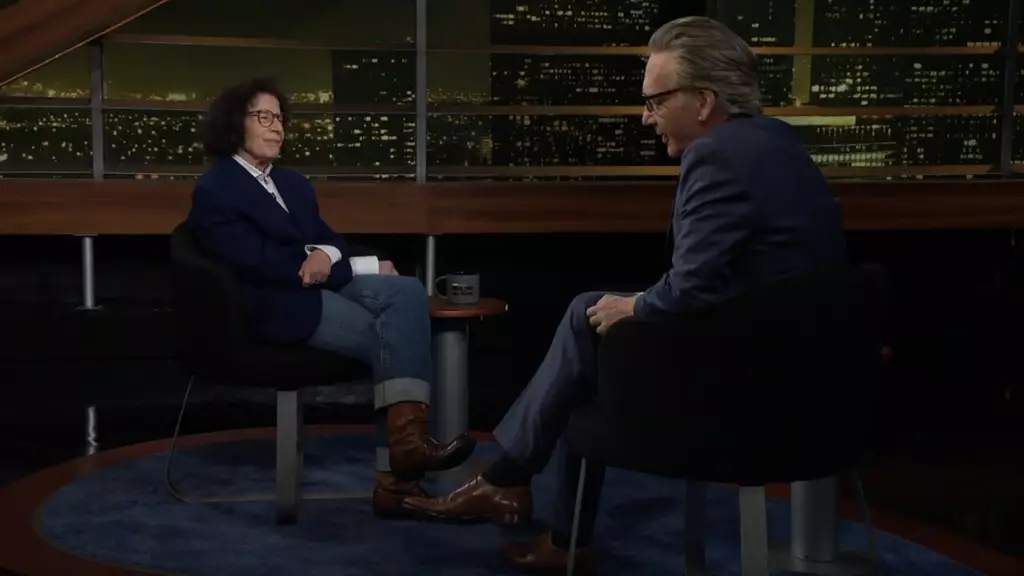The entertainment industry has often been a double-edged sword, balancing artistic expression with a history marred by exploitation and misconduct. Recently, the spotlight has turned towards Sean ‘Diddy’ Combs, a prominent figure now facing multiple allegations of sexual misconduct and abuse. Bill Maher, in a candid discussion with writer Fran Lebowitz on his show “Real Time,” posed critical questions about why such allegations persist in the music sector, largely unchallenged compared to other realms. His inquiry resounds with urgency: Why has the music industry evaded the same scrutiny that has plagued news organizations and other institutions?
Maher’s reference to the repercussions faced by figures within NPR underscores a significant inconsistency in how different sectors manage accountability. NPR faced swift and decisive action against alleged misconduct, whereas prominent figures in the music industry have, for far too long, evaded similar consequences. This discrepancy raises questions about power dynamics, particularly in a capitalist society where the financial stakes are extraordinarily high. As Lebowitz pointed out, the lucrative nature of the music business may contribute to a culture of silence and protection ultimately allowing the alleged abusers to continue their behavior without repercussions.
The discussion of Diddy comes at a time when the #MeToo movement has, ideally, sparked a broader awareness of such issues across various sectors. One would expect the music industry—often rife with tales of misogyny, abuse, and even outright violence—to be equally scrutinized. Yet, it appears that it has operated in a parallel universe, largely insulated from the national conversation about accountability and advocacy for victims that has begun to be more prevalent in the past few years.
The recent revelations regarding Combs—who has been implicated in numerous accusations, including a recent lawsuit describing severe acts of intimidation, drugging, and rape—serve as a stark reminder of how many victims remain unheard. For many who have long been aware of the troubling culture within the music industry, these allegations weren’t a state secret, as Lebowitz pointedly noted. Instead, they reflect a deeply concerning pattern of behavior that has been allowed to fester.
As more survivors come forward, it becomes vital to question not only individual perpetrators but also the very systemic issues that enable such behaviors to thrive. The complexities of celebrity culture, media coverage, and the protective layers built by wealth and influence create an environment where silence is often the most advantageous option—for both the abuser and the institution represented.
Moving forward, it is imperative that the music industry be held to a far higher standard, where misconduct is not just tolerated or overlooked due to the commercial appeal of the individuals involved. The MeToo movement has highlighted the importance of offering a platform for voices long silenced, indicating that the winds of change may finally be shifting. It is a critical juncture where we must demand accountability, not only from Diddy and others like him but from an industry built on so much talent yet overshadowed by a troubling history. Only then can we hope to create a safer, more equitable space for all artists.


Leave a Reply